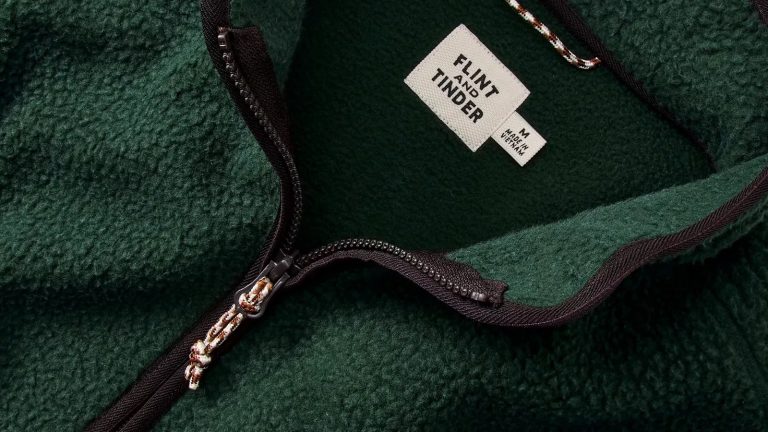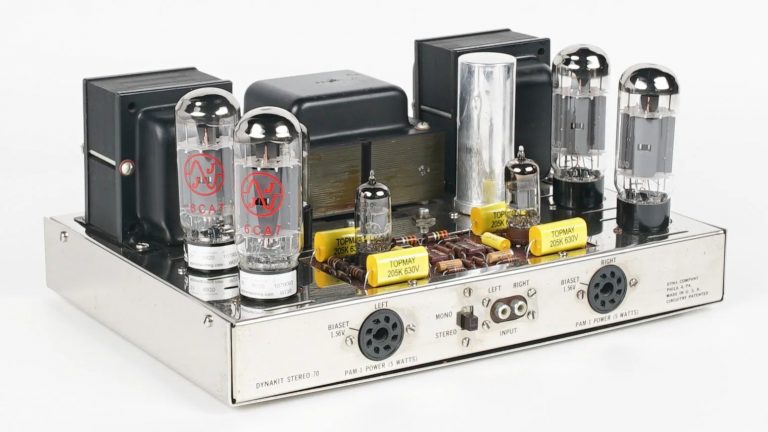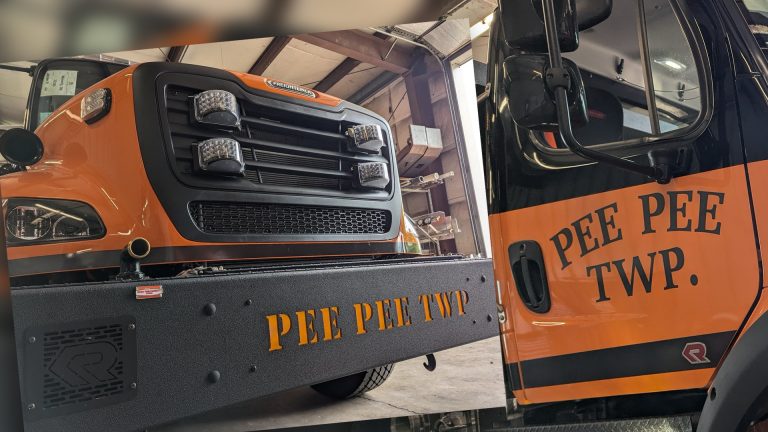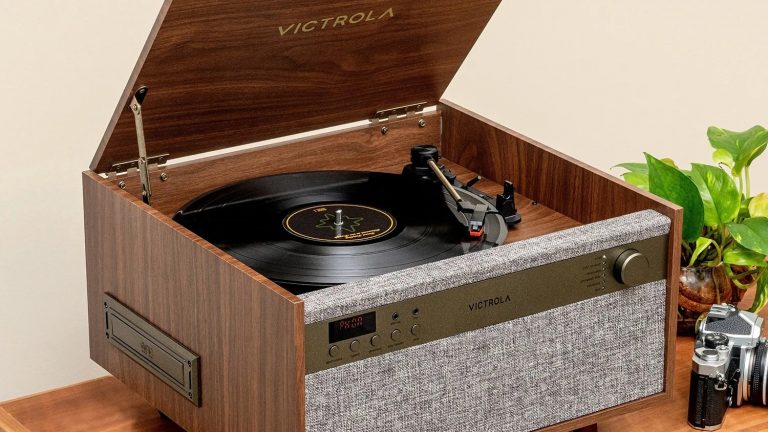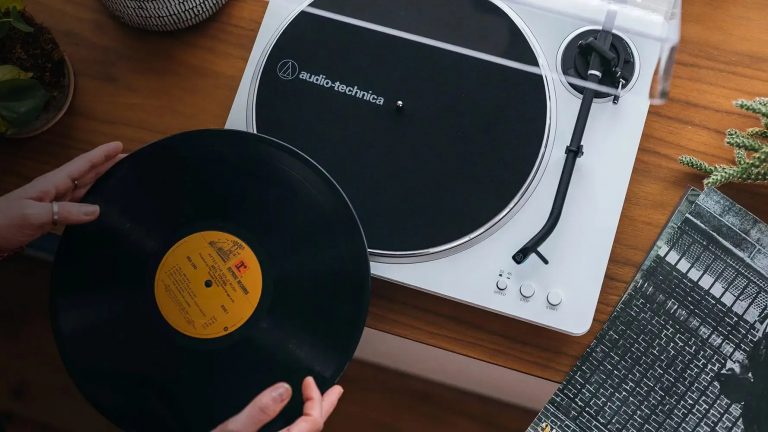Revolutionize Your Ride with the Cutting-Edge Tech That Makes Every Bicycle Truly One-of-a-Kind
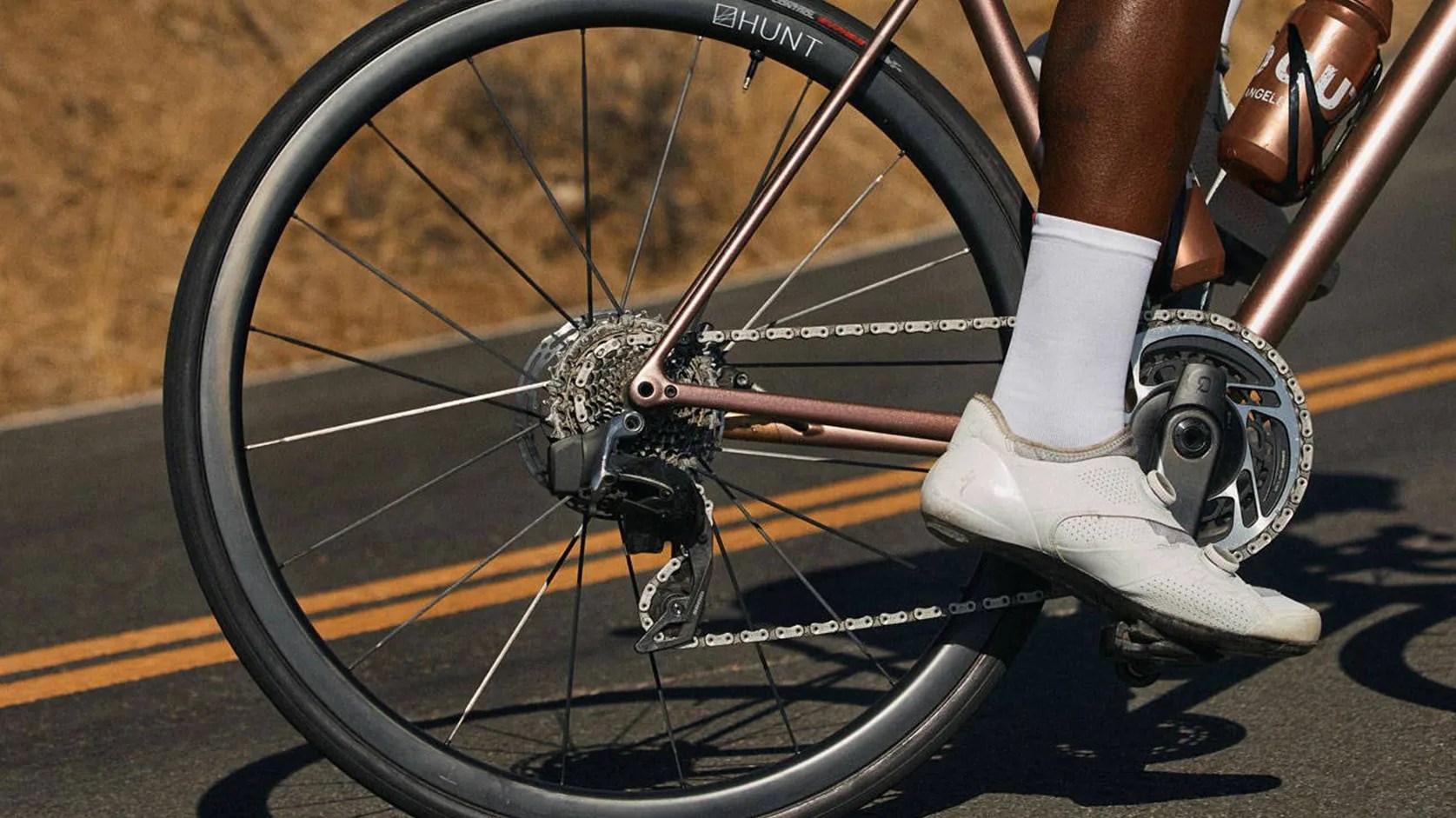
The Flashy Reason: Why Some Bikes Sound So Good (or Bad!)
As you ride along, you may have noticed that some bicycles have a distinct "ring" to them. It’s not just the hum of the engine, but the unique sound of the bike itself. This phenomenon is often attributed to the design of the bike’s freehub, which can produce a wide range of noises, from a gentle hum to a loud, attention-grabbing whir.
What Makes a Bike Sound Different?
So, what’s behind this varying range of sounds? It turns out that a combination of factors can influence the acoustics of a bike’s freehub. For instance, the volume of dead space in the hub, the thickness of the hub shell, the number of contact points, the level of lubrication, and even the speed at which you’re coasting can all play a role.
Branding Via Sound
Some companies have even harnessed this distinctive sound as a branding tool. Take Chris King, for example. Their hub sounds are so unique that owners often proudly upload YouTube videos of them. As one designer notes, "some hub manufacturers market their signature noise as a badge of honor and associate it with the sound of ‘angry bees’ — a nod to Chris King."
Loud and Proud (or Quiet)?
But it’s not just about the sound; it’s also about the manufacturer’s approach to noise. For instance, Hunt wheels are perceived to be a bit loud when coasting, but they also offer "quiet" freehub options for some road wheelsets. This is achieved by slightly rounding the tip of the pawls that would normally drag across the engagement teeth in the hub shell.
The Dxer Factor: Why Pricier Bikes May Be Louder
Ironically, or perhaps not, pricier bikes often make more noise than their budget counterparts. Why is this? According to some experts, it’s because the wheels on expensive bikes tend to be very light, sometimes hollow, so the noise of the freewheel is amplified as it vibrates down the spokes to the rims. Additionally, high-end bikes may feature ceramic rather than metal hubs or bearings, which can also contribute to a louder sound. Carbon frame tubes, being larger than steel tubes, can also amplify the freewheel noise.
Source images:
•
Note: Original content may vary.

